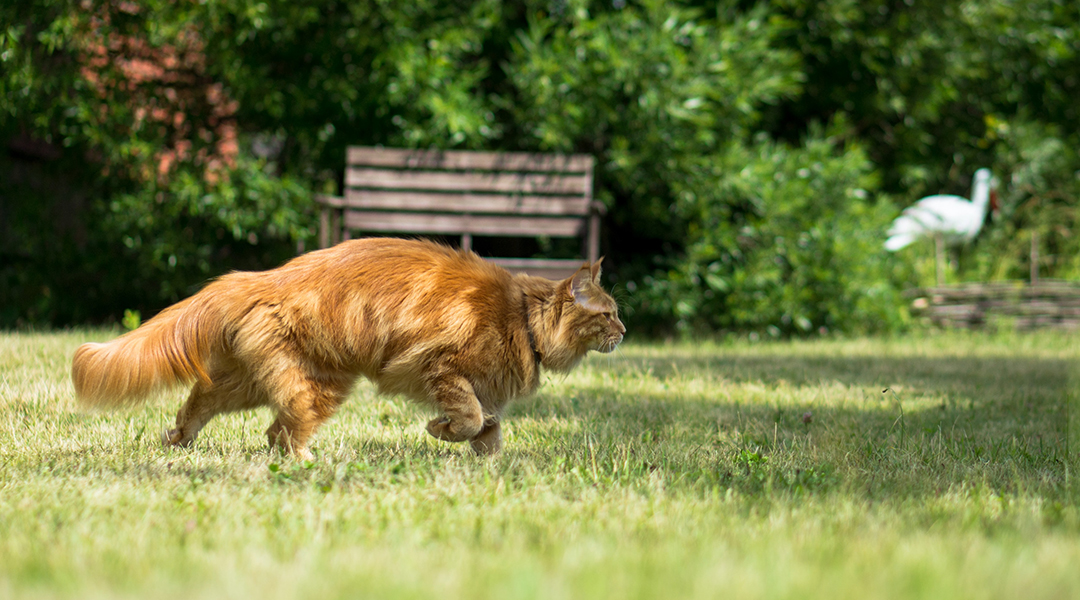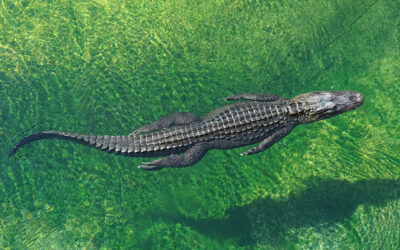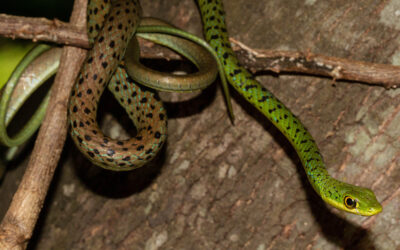As every cat lover knows, few animals make better pets than the domestic cat. However, our feline friends have a darker side: their hunting of wild mammals and birds. A new study suggests the personality of our cats dictates how likely they are to hunt, potentially helping to reduce their impact on wildlife.
Exact levels of wildlife predation by domestic cats are inevitably hard to accurately quantify, given the difficulty in tracking their outdoor activities. However, estimates suggest significant impacts on populations of birds and small mammals in the areas in which cats live.
One thing we do know is that different cats vary considerably in hunting levels and identifying why some cats hunt more than others could help in mitigating damage to wildlife.
Personality and hunting
As all cat owners will tell you, every cat has a distinct personality. This can be quantified scientifically using the well-established Feline Five personality test, which measures neuroticism, extroversion, dominance, impulsiveness, and agreeableness.
In the new study conducted by Marion Cordonnier, Emmanuelle Baudry and colleagues at Université Paris-Saclay in France, which was recently published in the journal Ecology and Evolution, the link between personality and hunting levels was formally tested for the first time.
Over 2000 French cat-owners completed a Facebook questionnaire, answering questions about their cat’s personality and the number of dead birds or small mammals they brought home. Over half of responding owners did not let their cat outside – obviously hunting was not an issue for these cats.
For those whose pets were allowed outdoors, cats described by their owners as having high levels of extroversion, specifically intelligence and perseverance, brought home more dead animals, while shyer cats brought home fewer. The friendliness of cats towards humans was also linked with killing fewer birds.
Certain breeds may help protect wildlife
The researchers can only speculate as to why these personality traits are linked to hunting. More time spent outdoors will mean more opportunities to hunt; shy cats, too frightened to venture outdoors, or friendly cats, happy to spend time indoors with their owners, may have fewer hunting opportunities than the confident cat roaming outdoors for hours on end.
Notably, many owners report that the personalities of their cats affected how often they were allowed outdoors, with timid cats kept indoors for fear of being bullied. Extroverted cats may also be willing to roam farther from home, increasing their chances of encounters with wildlife.
It’s known that cat breeds are strongly linked to specific personality traits, suggesting that certain breeds are more likely to become hunters when allowed outdoors. As the researchers write in their paper, encouraging “the adoption of cats (or breeds) that are by temperament less likely to hunt (cats with low extroversion and dominance, but high neuroticism and high agreeableness), could therefore potentially allow owners to reduce the impact of their cats on wildlife in places where there are strong biodiversity preservation issues”
Such practices could allow us to protect wildlife without having to keep our beloved cats locked indoors.
Reference: Emmanuelle Baudry, et al., Pet cat personality linked to owner-reported predation frequency, Ecology and Evolution (2023). DOI: 10.1002/ece3.9651
Feature image credit: Aleksei Zaitcev on Unsplash

















